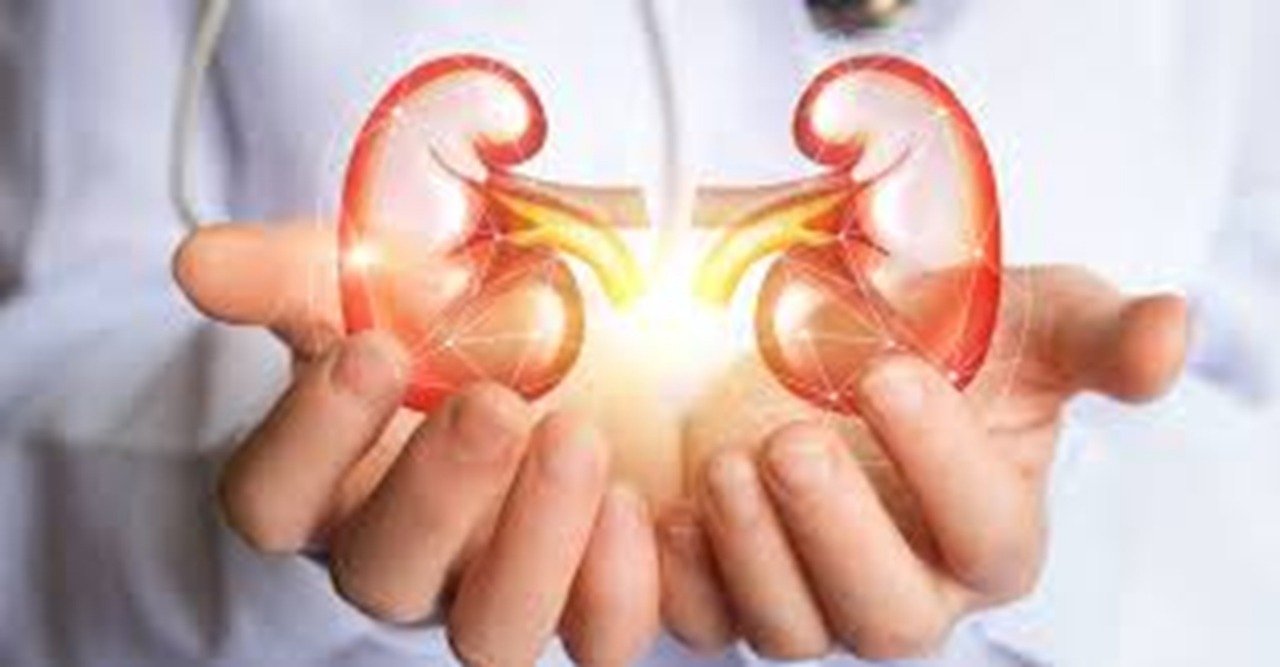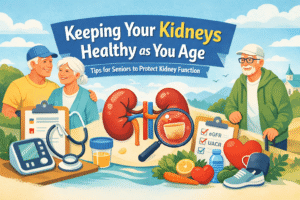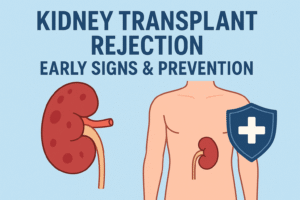End-Stage Renal Disease (ESRD) is the last stage of chronic kidney disease in which the kidney function decreases below 15% of normal. This drastic decrease results in the kidneys’ inability to filter out waste and excess fluids, requiring extreme medical attention. Patients and their families need to understand the care options available that they can choose to select the best option for their needs.
Chronic Kidney Disease and End-Stage Renal Disease
End stage renal disease (ESRD), defined by permanent loss of kidney function resulting in the buildup of waste and fluid within the body, Diabetes, hypertension, and glomerular diseases are the most common causes. Symptoms can include fatigue, swelling, shortness of breath, and changes in urination patterns.
Primary Treatment Options
Dialysis
Dialysis is a medical procedure that takes over the filtering function of the kidney. There are two main types:
Hemodialysis
This type of dialysis employs a machine to remove waste and extra fluids from the blood. It is generally done in a clinical setting and requires access to the bloodstream through a vascular access site.
Peritoneal Dialysis
This method uses the lining of the abdominal cavity (peritoneum) as a natural filter. A catheter is implanted in the abdomen to exchange fluids and waste products. It can be done in the comfort of their home, providing more flexibility.
Kidney Transplantation
Kidney transplant surgery is where a healthy kidney from a donor is placed into your body. This operation may restore kidney function and is usually associated with a better quality of life than dialysis. But it needs an appropriate donor and a lifelong immunosuppressive drug to avert organ rejection.
Conservative Management
Hemodialysis is the most common form of renal replacement therapy for patients without an available living donor. This protocol can serve as dietary changes, medications used to manage symptoms, and palliative care services.
Select the Right Option for Caring
The decision as to which treatment for ESRD is appropriate depends on many factors, such as:
- Overall health: the general health of the patient and the existence of any comorbidities.
- Age and Lifestyle: Account for the patient’s age, lifestyle choices, and capacity to adhere to treatment regimens.
- Support System: Family or caregivers that can help with treatment needs.
A nephrologist should evaluate these factors and create a personal care plan.
Support Services
Caring for ESRD is a complex undertaking with many managing components. We have helped patients at Southern Oklahoma Kidney Center in the following ways:
- Preventive Medicine: Educating patients on kidney function, treatment options, and other preventive measures.
- Dietary counseling: instructions related to meals that are good for your kidneys.
- Social Work Services: Support with emotional needs, financial issues, and coordination of care.
- Novel Therapies: Providing advanced and cutting-edge dialysis treatments and Ensuring initiatives of kidney transplantation
Choosing options for end-stage renal disease (ESRD) care requires the consideration of medical, personal, and social factors. This includes working with healthcare providers and support services, which can help patients find options that enable them to make quality decisions to help with their health goals and lifestyle needs. Southern Oklahoma Kidney Center is dedicated to offering compassionate and specialized services to help you navigate this experience.




